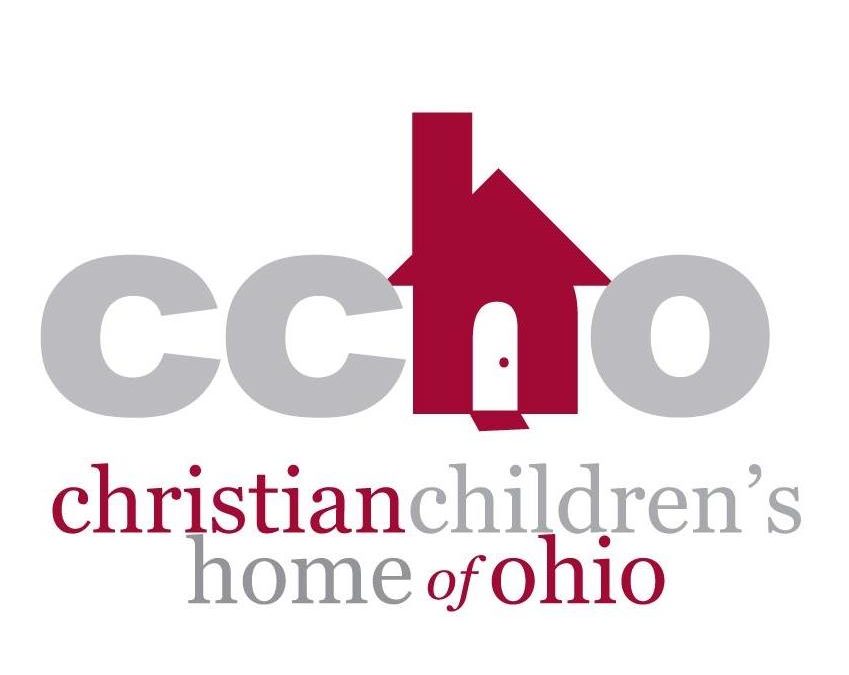Christian Children’s Home of Ohio (CCHO) is expanding our trauma-effective children’s residential center this fall. Cottage two will be opening in October as a place of safety and treatment to girls ages 10 to 14 who have experienced abuse and trauma.
Tween girls were selected for services in cottage two as this group has the greatest need. “Our female cottages have been consistently full,” said, Shawn Yambor, director of residential services, “and we do not want to turn away a child that could heal in our program due to not having a bed for her.”
Cases of human trafficking are continuing to rise and often those survivors are referred to CCHO. The female population experiences a higher frequency of abuse and neglect than males; they also have higher rates of self-harm. Girls often struggle to thrive in foster homes due to behaviors of concern such as running away, self-harm and suicidal ideation so residential care is a necessary level of care.
“The age range of 10 to 14 is a very complex time of maturing for girls,” said Yambor. “At times, this age group does not fit well in our teen girls cottage or young girls cottage which can make these girls feel alone and as though they don’t fit in.”
Built in 1981, cottage two followed a house-parent model when it first opened. When CCHO shifted to a residential-staff model about 10 years ago, cottage structural changes were identified to better serve young residents. Cottage two has been renovated by the CCHO facilities team with new safer flooring, a kitchen that is separated by walls and doors, a new layout to improve line of sight for client supervision, and access to the second floor is now secured with doors. This work was made possible in part by grants from the Austin-Bailey Health & Wellness Foundation and the Aultman Foundation.
This reopening creates space for up to 45 total boys and girls on our 175-acre residential campus. Youth ages 6 to 17 receive a mix of services including art therapy, recreational therapy, intensive trauma therapy, traditional counseling, medical and psychiatric services, family services, equine therapy as well as supportive home and educational environments. Individualized treatment plans aid in their healing process and prepare them for life back in a family and community setting.





